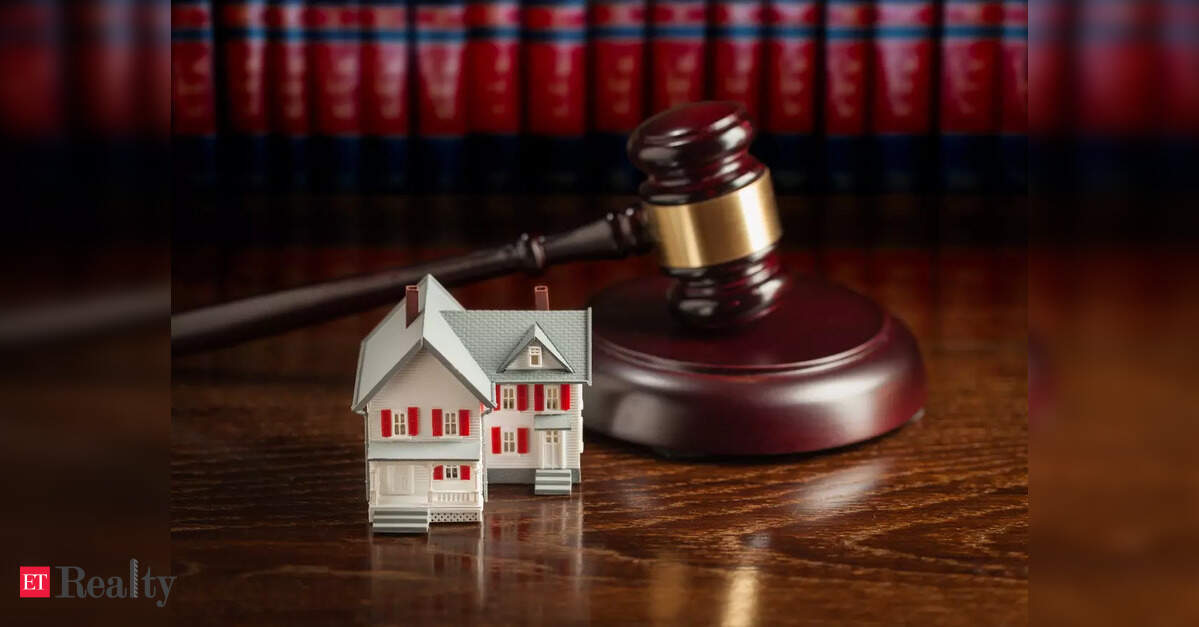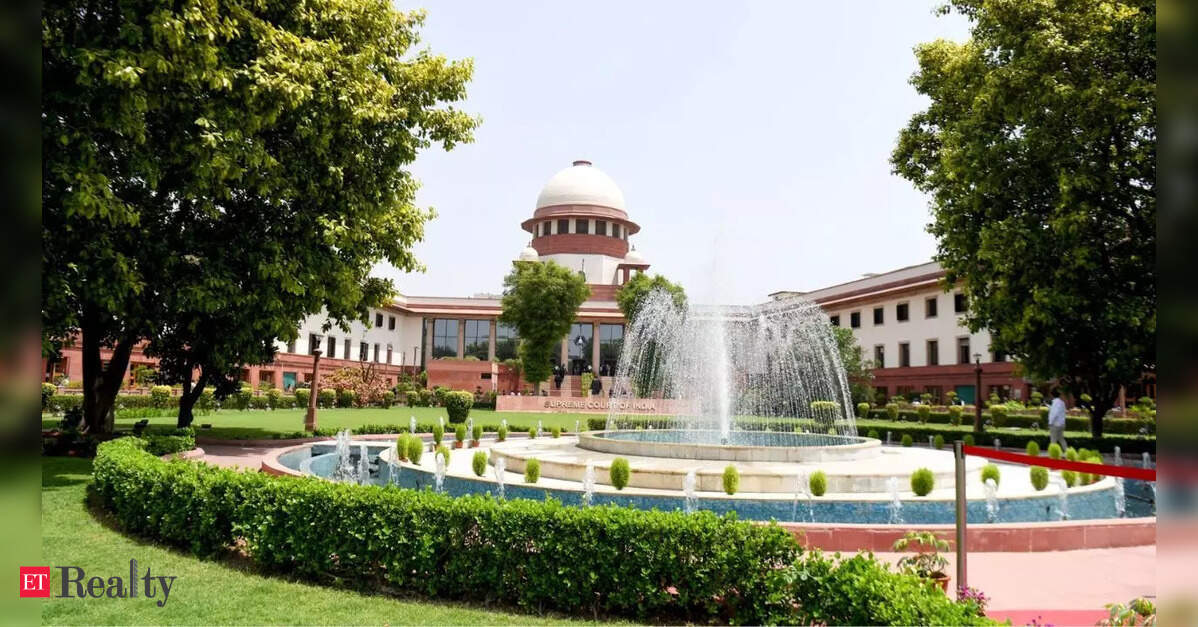
MUMBAI: The Bombay High Court has firmly opposed the conversion of a single housing unit into two apartments. On October 10, the court upheld a suburban society’s request to deny permission for structural modifications that would divide a flat into separate units. The interim order issued will remain effective until further directives are provided, ensuring the protection of the society’s rights until a final decision is made.
The court noted that the society appears to have a compelling case for interim relief. Notices have been issued to the two residents of the flat, with the next hearing scheduled for November 20.
The Regent Co-operative Housing Society filed the petition upon discovering irregularities associated with the flat. Specifically, two individuals had split a 620-square-foot unit, originally purchased as a single flat by their father, into two separate units. These individuals were also office bearers of the society, leading to allegations of misuse of power to facilitate the division of the flat.
According to the society, the original sale agreement clearly states that the flat was single and indivisible. Justice Amit Borkar, during the hearing, pointed out that no documentation indicated approval for the structural changes made. The issuance of share certificates for the separate units lacked legal authority, as the case revolves not around ownership but rather the legality of the flat’s division and the issuance of those certificates, which the society substantiated with provided documents.
The matter also reached the Revisional Authority, but they failed to address whether the division of the flat and the issuance of separate share certificates were legally permissible.
The petition highlighted that the division not only altered the building’s structure but also infringed on the rights of other society members. After examining the original sale agreement, the approved building plan, and membership records, the court deemed the society’s objections valid.




